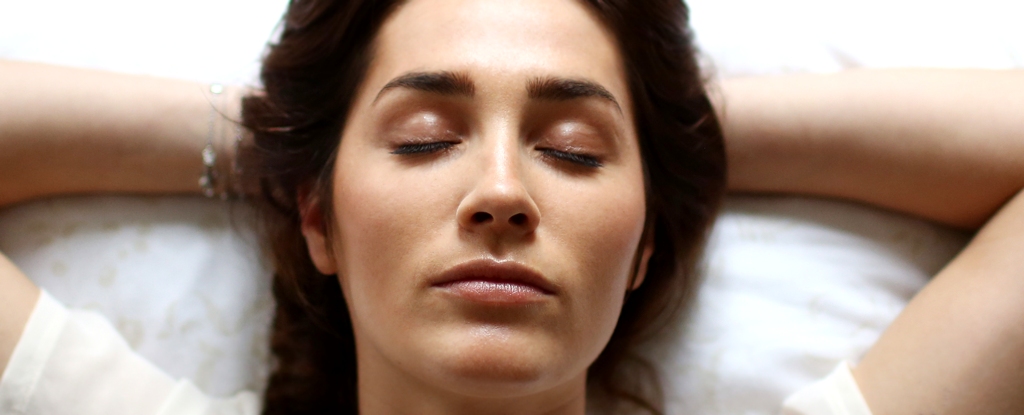Sleep: we crave it, chase it, mourn its loss, and embrace it. Exercising regularly can help; even short bouts a few times a week have been shown to improve sleep quality.
But exercising intensely too close to bedtime has generally been advised against, since it ramps our bodies up at a time when we should be winding down. Research shows people take longer to fall asleep, and sleep rather poorly, after exercising within an hour of bed.
That doesn’t mean spending the evening slumped on the couch or relaxing in front of screens is a good way to go either. It’s about finding the balance – and a new study suggests all it might take is a few minutes of movement each night.
The small study from researchers at the University of Otago in New Zealand suggests breaking up our evenings with short bursts of exercise – just 3 minutes of simple body-weight exercises every half an hour – helps people sleep 30 minutes longer, on average.
“We know that for many of us, our longest period of uninterrupted sitting happens at home in the evening,” explains University of Otago sedentary behavior researcher Jennifer Gale, a graduate student who led the study.
“However, many sleep guidelines tell us we shouldn’t do longer bouts or higher intensity exercise in the hours before sleep, so we wanted to know what would happen if you did very short bouts of light intensity activity repeatedly throughout the evening.”
Half of the 28 volunteers spent one evening sitting uninterrupted for 4 hours before bed. On another evening a week later, they did 3 minutes of body-weight exercises every half hour for the 4 hours before bed. The other group reversed the order, but either way, it was a typical weekday night.
Participants wore wrist-watch accelerometers to track their movement, and the exercises consisted of chair squats, calf raises, and standing knee raises with straight leg hip extensions – deliberately simple so that anyone could do these exercises at home, without equipment or much space. Each exercise was done for three rounds of 20 seconds.
Participants ate the same food each night, and even the timing of their bathroom breaks on the first evening was replicated on the following one, to control for those factors.
On average, people slept roughly 30 minutes longer after incorporating these short bursts of exercise into their evenings, compared to sitting still. But jumping up to move about didn’t affect how many times people woke through the night, or the quality of their sleep.
“These results add to a growing body of evidence that indicates evening exercise does not disrupt sleep quality, despite current sleep recommendations to the contrary,” Gale and colleagues conclude.
Being a small study of mostly young women, aged 25 years on average, the results would need to be replicated in larger, more diverse groups before we can say how effective this light evening exercise is for other people.
But the researchers are hopeful that these simple exercises – or any movement like them – could be easy routines for people to stick to, and less disruptive to sleep than trying to cram in a run or bike ride before bed.
“From what we know from other studies, you could probably get a similar effect if you walked around your house, marched on the spot, or even danced in your living room,” says University of Otago sports scientist and nutrition researcher Meredith Peddie.
“The most important thing is that you get out of your chair regularly and move your body.”
The study has been published in BMJ Open Sport & Exercise Medicine.





